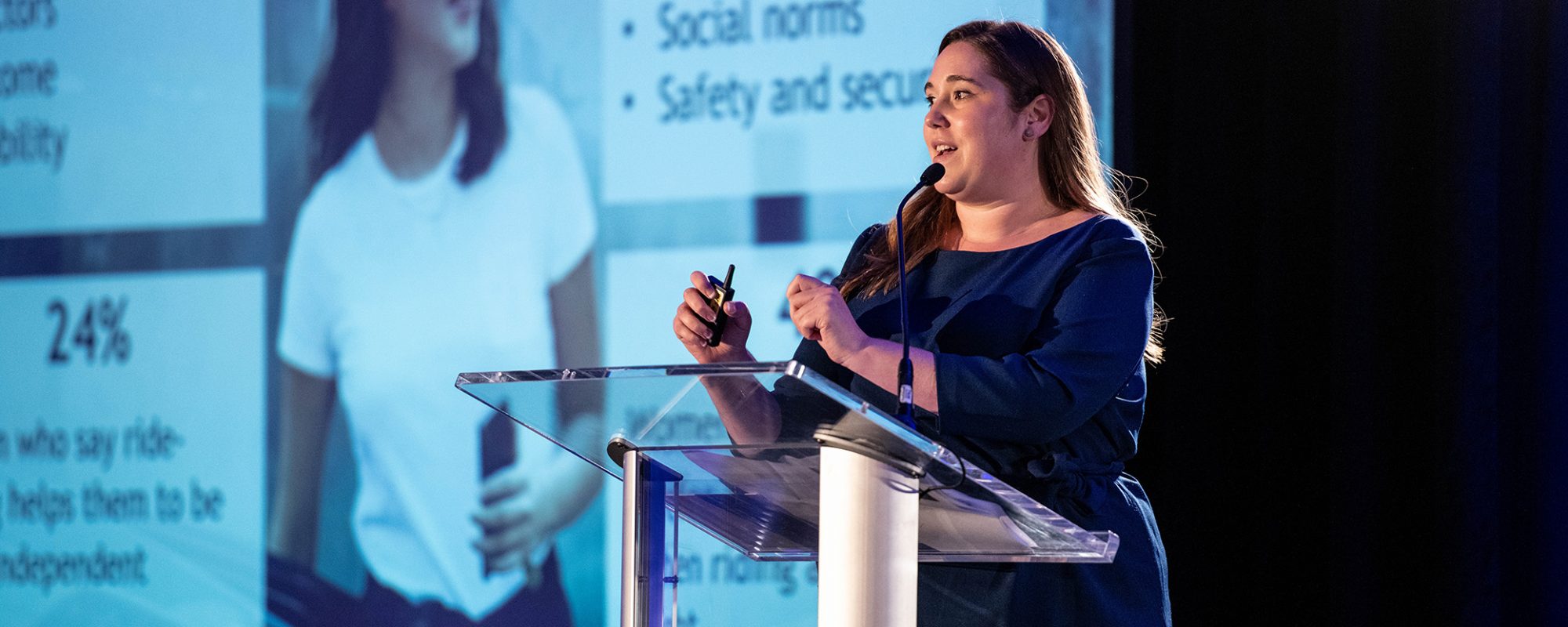
Everyone has something to say about millennials, the generation born from 1980 to the present, including how they will shape the future of corporate social responsibility (CSR) and sustainability. Depending on who you ask, the coming of the millennials will mean either a new era of robust and transparent approaches to corporate responsibility, or the rise of the “Cynic Kids”- a generation “deeply resistant to idealism” and thus to the moral undertones of CSR.
Given all that’s being said about millennials, it’s time for us to weigh in ourselves.
As a millennial, I’d love to think of my generation as more informed or enlightened than previous ones. However, as a Private Sector Advisor working to promote inclusive business, I am keenly aware of how difficult it is to turn intention into action, and action into success. So let’s consider the evidence:
Millennials want to work for responsible companies, but….
Forbes noted that 72% of millennials, as opposed to 53% of previous generations, said that it was important that their job make a contribution to the world. This could give leading companies an edge in recruiting top talent, and increase demand for companies to act sustainably and inclusively.
Given that millennials are set to represent 36% of the workforce by 2014, and 50% by 2020, this could be a powerful case for corporate responsibility- were we not facing the most depressed job market in decades, with analysts predicting that we will never fully regain these initial losses in salary and net worth. In short, we want to work for progressive and sustainable businesses that are changing the world; we will work for anyone who will hire us. (But watch out when the economy picks up.)
Millennials want to buy from responsible companies, but….
As a great infographic from Accenture points out, 66% of American millennials, not to mention an astounding 88% of Chinese millennials, want companies to reduce their carbon footprint. “They’re questioning old purchasing habits and their behaviours are going to drive the market” wrote one commentator on Sustainable Brands, including through new openness to shared-ownership models, such as Zipcar. There’s certainly a demand for sustainable business, and, as fellow millennial Allison McGuire points out, “we can identify when it’s just an empty PR stunt.”
The question is, how much will this actually influence consumer patterns? Cross-generational studies on consumer spending routinely show that what consumers say they are willing to spend more on, including green or ethical certifications, doesn’t necessarily make it into the shopping cart. Will millennials be the first to put their money where their mouth is?
What we have in our favour:
While the evidence above doesn’t bode well for millennials being any more or less a force for good than previous generations, there are three important points that may tilt the balance in our favour.
First, “the majority of millennials believe they can make a difference globally,” wrote Fast Company. This is one point echoed in study after study: most American, Chinese and Indian millennials believe they have more power to change the world than their parents did. Idealism certainly isn’t everything, but a determination to make change happen is an important contributor to success.
Second, that determination is driven by an acute sense that the clock is ticking. We are the generation that will experience globalization and climate change in full swing; for us, sustainable and responsible business isn’t an abstract matter of “preserving the earth for future generations”- we are that generation.
Finally, we have the considerable advantage of having a head start. The generation before us has done a huge amount to bring issues like climate change to the mainstream, and to shift the corporate responsibility debate from one of philanthropy to the much more meaningful one of inclusive and sustainable business models. All we have to do is to build on existing momentum.
Conclusion: Not a generation of saviors
The conversation around millennials and corporate responsibility should move forward, but with more nuance. Our generation has a lot going for it, but we are not a generation of saints or saviors.
Yes, millennials could bring real impetus to sustainable and inclusive business, but there are still unanswered questions; particularly, how will good intentions translate into actual change? This remains to be seen. Perhaps the most optimistic finding comes from the excellent report “Millennials: The Challenger Generation”, which notes that the age group overwhelmingly categorizes corporate responsibility not as charity, but as a business imperative. Fast-forward to 2020 when millennials will dominate the workforce- then we’ll have the opportunity to put idealism into action.

Great piece, Alexa. I missed the Millennial Club buy 5 years, but feel young enough at heart to endorse your conclusion and applaud the sentiment! Sat in Asia myself, I can certainly echo what you say about the convincing and compelling voice of the Millennials in a country such as Vietnam. For me, technology is also a key driver. I think it will change the way we work and the way we live, radically, over the next decade, and hope it can be leveraged in ways that support the sustainability agenda more generally…
Hi Tim, For that, I think we can make you an honorary millennial.
Researching this blog, the stats on support for CSR and sustainability in China and India just blew me away. Across the board, for every international study, youth from India and China had more support for and reported willingness to pay for good corporate practice. When I’ve asked myself why, I’ve imagine that it is a combination of living more closely with the consequences of base practice and with the sense of potential from such fast-moving economies (as opposed to the US, where there is a sense of reduced potential in comparison to previous generations.) What do you think?